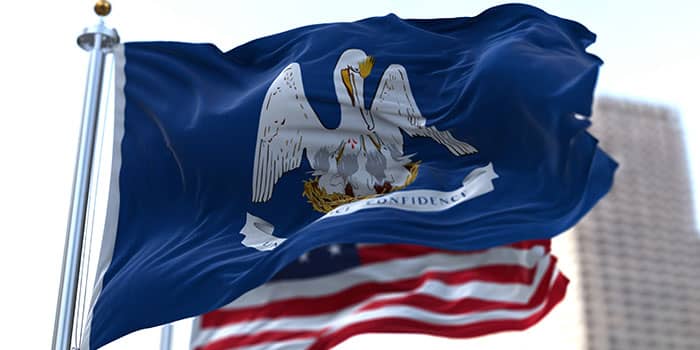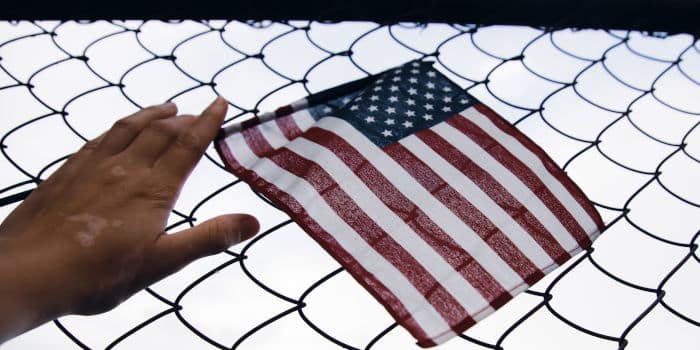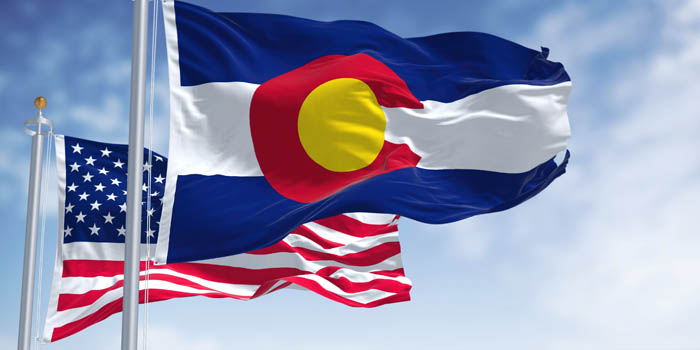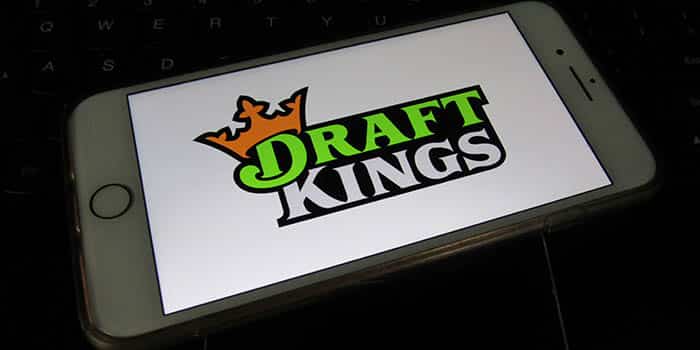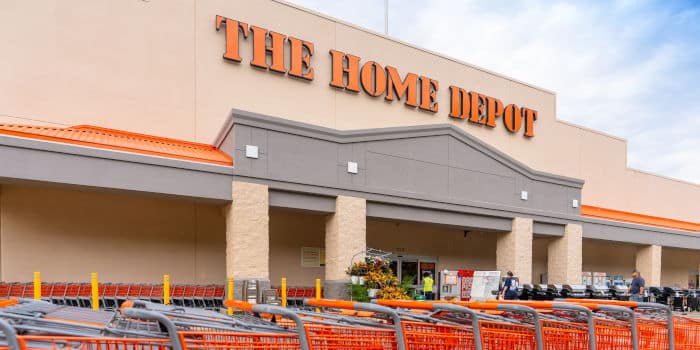Fact-checked by Stoyan Todorov
Gambling Firms Shielded by Secret Regulatory Agreements
A total of 38 betting companies avoided penalties by donating to charity courtesy of a secret scheme, raising concerns about transparency and accountability
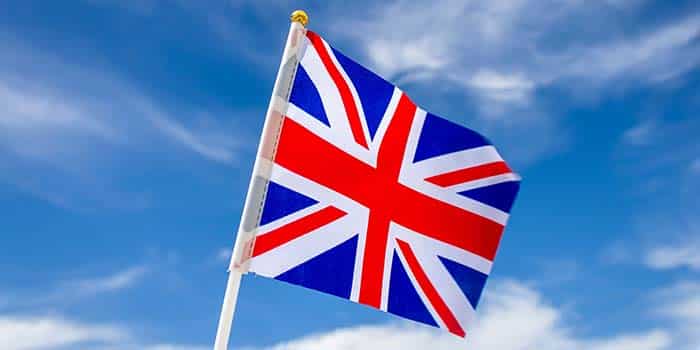
Over the past five years, the UK Gambling Commission has quietly placed 38 betting companies under special measures, a confidential process that keeps the names of these firms under wraps.
This approach allows betting operators to sidestep formal penalties by agreeing to donate profits made from regulatory breaches to charity.
The “Protective Bubbles”
Since 2020, the voluntary payments have amounted to around £2 million ($2.68 million), a small fraction compared to Britain’s £15.6 billion ($20.9 billion) betting revenue up to March 2024.
Critics argue this secretive system acts as a “protective bubble” for the gambling industry, shielding companies from public scrutiny.
The gambling regulator hasn’t shared any details about these special measures since December 2021, with recent figures only uncovered by The Observer through freedom of information requests.
Don Foster, a Liberal Democrat peer and chair of Peers for Gambling Reform, criticized the lack of transparency: “It’s totally wrong to do these things behind closed doors. It’s not helping to protect gamblers and it’s unacceptable.”
“Special Measures Should Not Mean Special Protection.”
The case of Luke Ashton, who tragically took his own life in 2021 after struggling with a gambling addiction, put the secretive regime under a harsh spotlight.
An inquest in June 2023 revealed that Betfair, owned by betting giant Flutter, failed to identify Ashton as a problem gambler.
Shockingly, the Gambling Commission only disclosed after the inquest that Betfair was under special measures when Ashton died. The company had donated £635,123 ($851,633) to charity under this regime to avoid harsher penalties.
Betfair claims it has since improved its player protection measures. But Ashton’s widow, Annie, remains deeply critical.
“The Gambling Commission is clearly more concerned about the reputation and growth of gambling firms than it is about protecting people from harm.”, she commended.
The woman added that the secret deals help maintain company reputations “clean” while “no lessons are learned even when the harms can be as catastrophic as a death.”
“Special measures should not mean special protection. There needs to be full transparency of operators failing their regulatory requirements.”, the bereaved widow further added.
Campaigners like Matt Zarb-Cousin, director of Clean Up Gambling, are demanding more openness: “The public has a right to know which gambling firms are failing to uphold standards of consumer protection. The Gambling Commission must publish the list of firms in special measures so people can make an informed choice.”
The Gambling Commission defended its approach, stating that such confidential interventions are common among regulators and that there is little evidence that publishing these histories changes consumer behaviour.
They emphasized that enforcement outcomes continue to be published and that Rhodes has engaged with bereaved families, including a meeting with Annie Ashton.
After finishing her master's in publishing and writing, Melanie began her career as an online editor for a large gaming blog and has now transitioned over towards the iGaming industry. She helps to ensure that our news pieces are written to the highest standard possible under the guidance of senior management.

